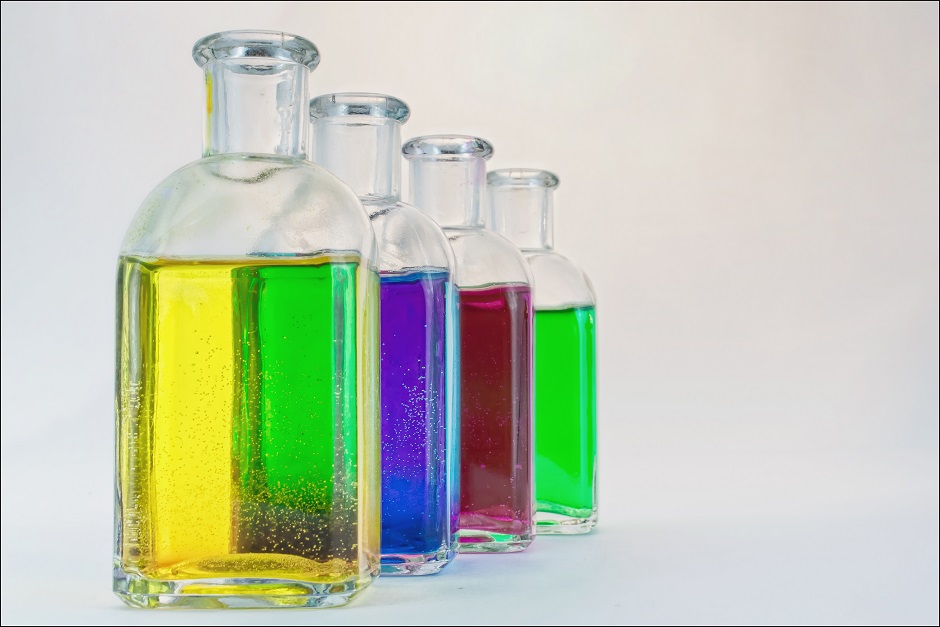It's a Team's Life

Diesel Additives
Not until the late twentieth century no real use for additives in diesel. Suitable diesel fuel could be produced at the refineries from a blend of straight-run atmospheric distillation components. Increasing fuel demand, changing demand mix and tightening specifications the refining processes have changed and with it the use of diesel fuel additives. There is new real definition of what an additive is compared to a blending agent, it is some what accepted that an additive is something that adds less that one percent or 10,000 parts per million. Since additives have a very low rate of treatment to the physical properties of diesel, the density, viscosity, and volatility are not changed significantly.
Doing research, there are many, many, many different types of diesel additives out there. We are going to try and touch on most of them that are out there. We will break the additives into categories.
Fuel handling and distribution additives
Low temperature operability additives
Flow improvers additives – Prevents diesel from gelling up.
Wax anti-settling additives - Wax formed in cold diesel fuels can settle, causing fuel storage and distribution problems and unexpected vehicle failures.
Cloud point depressants additives - Additives which irreversibly lower the crystallization temperature by specifically increasing the solubility of the heaviest n-paraffins.
De-icing additives - Chemically lower the freeze point temperature of moisture present in distillate fuels.
Other fuel handling additives
Antifoam additives - Foaming in diesel fuels is detrimental for many industrial applications. To combat the deleterious effects of foaming, diesel fuel formulations often include additives called antifoams.
Drag reducing additives - used to improve the flow properties of crude oil or fuel products in a pipeline.
Static dissipater additives - The risks of electro-static ignition have increased. The high severity refinery processes used to remove trace materials from low sulfur fuels also reduce the natural conductivity of the fuel.
Biocides additives - Microbes exist in fuel systems – including bacteria, mold and yeast. These microbes are generally found at the fuel/water interface and use the hydrocarbon as a food source.
Demulsifiers additives - Separating water from the diesel.
Dehazers additives - Removes water from gasoline, diesel and heating fuels, protecting against corrosion and future water ingress.
Corrosion inhibitors for fuel distribution system additives - Internal corrosion of fuel storage and distribution systems can cause a variety of problems in both ground and aviation fuel applications.
Marker dyes additives - The IRS requires the addition of red dye to certain classes of diesel fuel. Red dye is used for off road diesel used as for farm tractors.
Fuel stability additives
Antioxidants additives - Refiners seek to maximize the production of high value products, there is increased pressure to include inherently unstable, highly olefinic, cracked component streams into the diesel blending pool.
Stabilizers additives - Help diesel fuels maintain their integrity and quality over long periods of time.
Metal deactivators additives - The presence of trace dissolved metals, such as copper, vanadium and iron in a fuel can accelerate the rate of oxidation. This oxidization can cause darkening, gum formation and sedimentation in fuel.
Dispersants additives - Breaking down the water into small droplets and "safely" passing it through the fuel injector system.
Engine protection additives
Corrosion inhibitors for vehicle fuel system additives - Internal corrosion of fuel storage and distribution systems can cause a variety of problems in both ground and aviation fuel applications.
Injector cleanliness additives – Cleans injectors for better efficient for injector systems.
Lubricity additives - Fuel must lubricate many moving parts within the fuel injection system. Lubricity of diesel fuel has become even more critical with the move to ultra-low sulfur diesel (ULSD) fuel.
Combustion additives
Ignition improvers additives - Ignition promoters, either organic nitrates or organic peroxides, but if the cetane numbers of the available fuels were to continue to decline. This additive increases the cetane number.
Smoke suppressants additives - Performance of barium containing smoke suppressant diesel fuel additives in dynamometer engines under sustained and cyclic operating conditions.
Combustion catalysts additives - Combustion catalyst administers a more complete combustion, resulting in better fuel economy. The catalyst aids in a thorough burn of the fuel, so the user is getting the most out of the fuel as possible.
We know that was a long list of additives. Guess another blog on what companies produce additives.
We would like to point out two previous blogs we wrote covering diesel contaminates and how to take care of those contaminates.
Here is the contaminates:
Here is the solutions to contaminates:
Sandy & Stephen
Pinch Hitting for TeamCaffee
